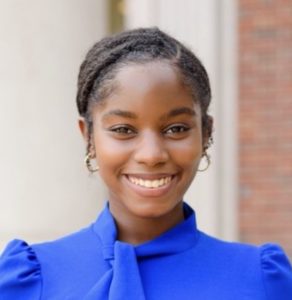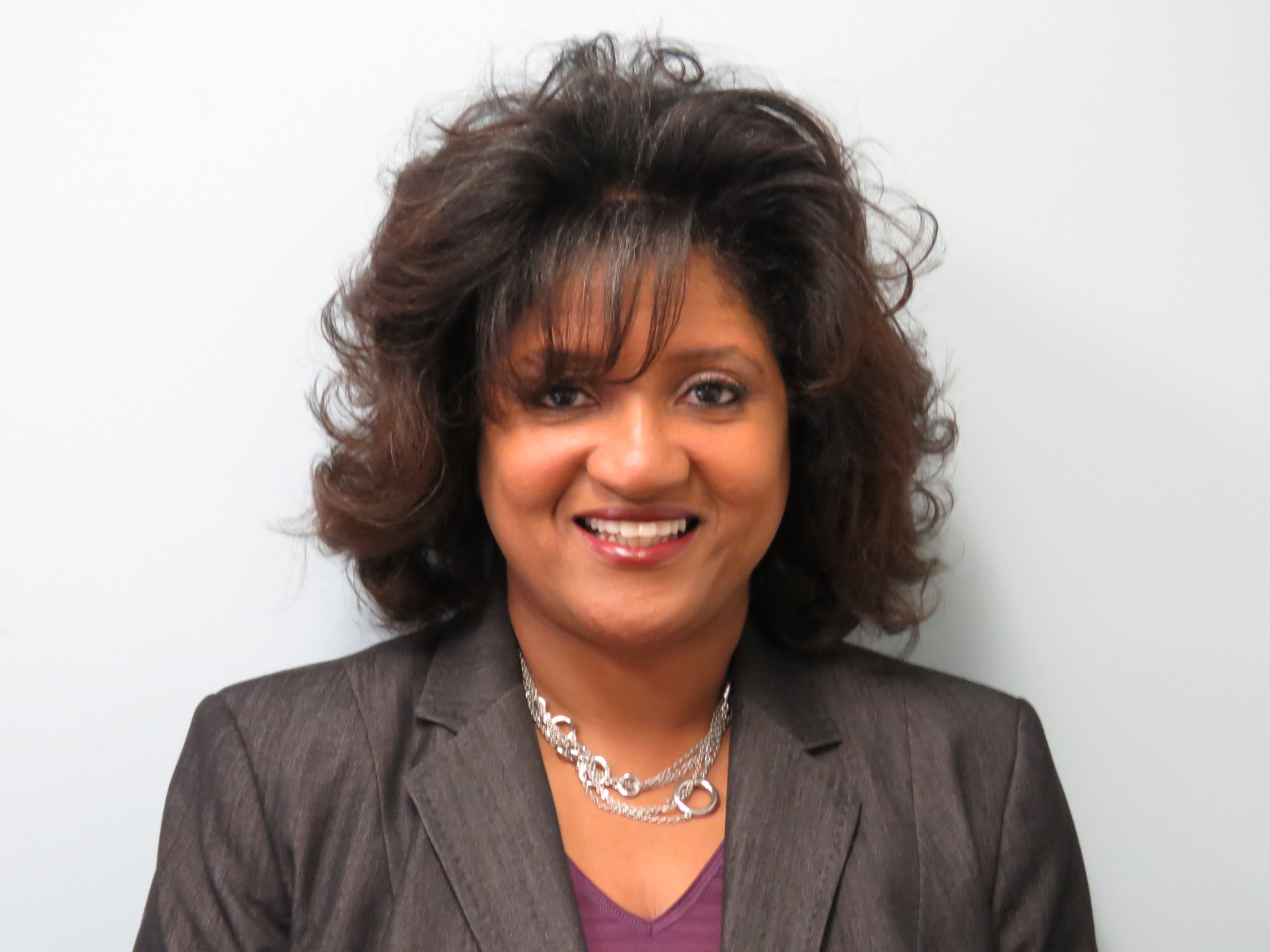Last month, we held the inaugural event of our Everything Speaker Series! We were joined by the President and CEO of the National Fair Housing Alliance (NAFA), Lisa Rice, who shared her experience and advice on mentorship.
Here are 6 gems Rice shared with us that you can use to become a stronger leader and advocate in your journey as a nonprofit professional.
1. On Finding Her Mentor
Lisa Rice obtained her first internship in the civil rights field at the age of fifteen at the Toledo Fair Housing Center. Here, she met her lifelong mentor, Shanna Smith. Although Rice was pursuing a career in art, Smith saw Rice’s eagerness and interest in doing legal research and encouraged her to stay connected with the fair housing program.
Rice continued to work for the center, and after ten years, she was leading systemic engagements and research for the agency. Rice became a major agent for change in civil rights, overseeing many novel cases in the field. She was involved in pioneering the methodology for identifying sexual harassment in housing and oversaw many insurance and redlining cases. At the time, the federal government maintained that sexual harassment was not a violation of civil rights. Rice and her team litigated to change this precedent.
2. How to Find Your Mentor
Join a professional development organization. NAFA has many mentorship program opportunities that allow people to build relationships. Here is a list of professional organizations you can join that can help you find your mentor.
For students, ask your professors. Think about finding professors who can connect you with the resources you need to achieve your goals.
Align yourself with someone who recognizes your abilities and self-worth. Strong mentorship takes a person who is not so self-conscious and unaware that they can’t see your brilliance. Typically older individuals have a lot of wisdom and experience that allow them to see the potential that you can’t see in yourself.
On this advice, Rice recalls the scripture from Matthew 7:6 saying “Don’t cast your pearls before swine” To Rice, this means don’t waste your gifts and talents on people who don’t deserve you. Rice shared that she never expected to be a CEO of a national organization but is here because someone like Smith believed in her and gave her chances to do work that she didn’t think she could do.
3. How to Live Your Values and Build Relationships
Open yourself up to creating new relationships. As an artist who never expected to work in corporate America, Rice was surprised that corporate professionals were the people who helped her most in her efforts to advance civil rights work within their corporations.
Operate from a place of authenticity. Rice learned from another mentor to never abandon her values for a job and never jeopardize her true mission for an agenda. From the start, Rice has had a unique relationship with civil rights advocacy. Her first cousin was Stephen Green, a youth organizer who helped Reverend Dr. Martin Luther King register people to vote. This cost him his life. For Rice, this brought civil rights very near to her. She became determined to bring civil rights advocacy to the forefront of her life’s purpose and continues to foment major change in this area.
“If you live true to your values and you are driven by your ethics, people who share these values will find you.” Once you align with people who share your values, you can change the world. This process has allowed Rice to advance to a place in her life where she is now well-positioned to be a mentor to others.
4. The Characteristics of a Good Mentor
Smith gave Rice space to get involved. She invited her to meetings with state and federal representatives and gave her a platform to be present in every conversation. A good mentor will instill confidence and values in you that you can use throughout your life. Some advice Rice recalls from Smith:
Don’t ever bring up a problem that you don’t have a plan to solve. Being proactive made Rice work harder. It forced her to think critically and be analytical when making decisions.
Rice now provides a platform to others through her leadership. Her inclination as a leader is to say yes to people she believes in to allow them the space to try innovative solutions.
5. How to Mentor People from Diverse Backgrounds
For Rice, the key to mentoring people from different backgrounds has been to ask people what they need instead of assuming that she knows what they need.
Sometimes people are timid in asking what they need. Rice encourages mentees to be direct and specific: “I need development in this field” or even “I can’t come in to work today, I need to work from home.”
This practice gives Rice the ability to reach out to her network to facilitate a connection or solution in her mentee’s area of need. “The more you connect people with what they need, the easier it will be to achieve their goals.”
6. How to Create Balance in a Mentor/Mentee Relationship
Any mentor/mentee relationship that is good is reciprocal. In Rice’s relationship with Smith, Rice is more tech-savvy and created an initiative to upgrade the organization’s tech systems.
Rice also had a mentor who was an executive for a major corporation. Using her legal background, Rice was able to help her mentor establish the company as one of the first to ever enforce a $15/hour minimum wage. Just as you learn from your mentor, your mentor should be able to learn and grow from you.
Her Parting Advice
“Know who you are. Understand who you are. Understand what you need, and don’t be afraid to ask for it.” Sometimes we don’t get what we need in life because we are too afraid to ask. Ask anyway because that answer could be just what you need to help you make a difference.
Lisa Rice was the first of many nonprofit leaders who will be joining us to impart their wisdom in the nonprofit development field. To stay connected with upcoming events in our Everything Speaker Series, sign up for our newsletter or follow us on Twitter. To stay connected with Lisa Rice and learn more about her work, visit the National Fair Housing Alliance website here.

Elise Gentry
Elise Gentry is a content manager for the Young Nonprofit Professional Network of DC (YNPNdc). She is a student at Howard University who enjoys nonprofit development, watching films, and playing the harp.
